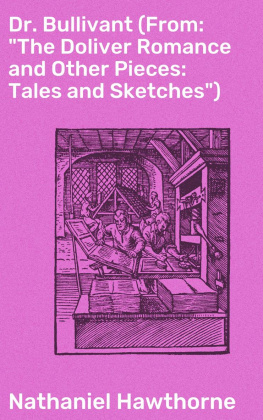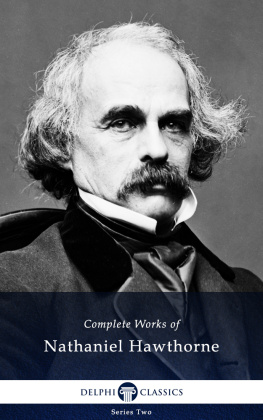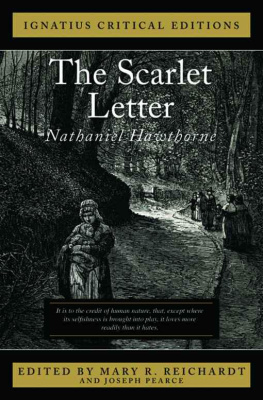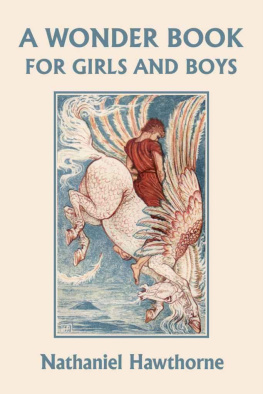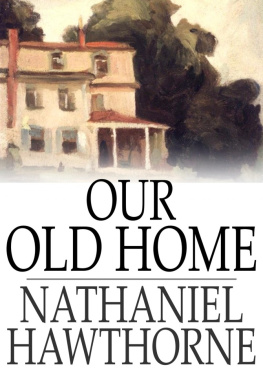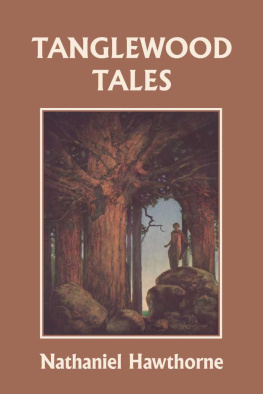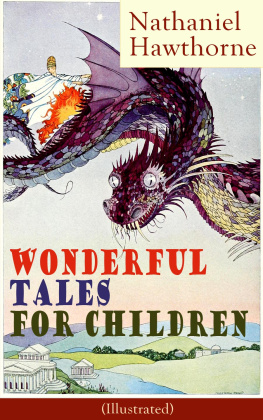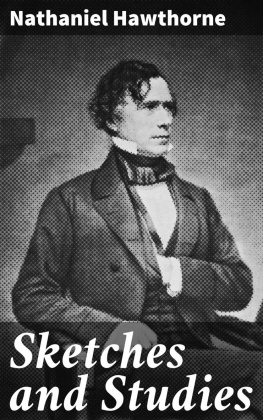DR. BULLIVANT
Table of Contents
His person was not eminent enough, either by nature or circumstance, to deserve a public memorial simply for his own sake, after the lapse of a century and a half from the era in which he flourished. His character, in the view which we propose to take of it, may give a species of distinctness and point to some remarks on the tone and composition of New England society, modified as it became by new ingredients from the eastern world, and by the attrition of sixty or seventy years over the rugged peculiarities of the original settlers. We are perhaps accustomed to employ too sombre a pencil in picturing the earlier times among the Puritans, because at our cold distance, we form our ideas almost wholly from their severest features. It is like gazing on some scenes in the land which we inherit from them; we see the mountains, rising sternly and with frozen summits tip to heaven, and the forests, waving in massy depths where sunshine seems a profanation, and we see the gray mist, like the duskiness of years, shedding a chill obscurity over the whole; but the green and pleasant spots in the hollow of the hills, the warm places in the heart of what looks desolate, are hidden from our eyes. Still, however, a prevailing characteristic of the age was gloom, or something which cannot be more accurately expressed than by that term, and its long shadow, falling over all the intervening years, is visible, though not too distinctly, upon ourselves. Without material detriment to a deep and solid happiness, the frolic of the mind was so habitually chastened, that persons have gained a nook in history by the mere possession of animal spirits, too exuberant to be confined within the established bounds. Every vain jest and unprofitable word was deemed an item in the account of criminality, and whatever wit, or semblance thereof, came into existence, its birthplace was generally the pulpit, and its parent some sour old Genevan divine. The specimens of humor and satire, preserved in the sermons and controversial tracts of those days, are occasionally the apt expressions of pungent thoughts; but oftener they are cruel torturings and twistings of trite ideas, disgusting by the wearisome ingenuity which constitutes their only merit. Among a people where so few possessed, or were allowed to exercise, the art of extracting the mirth which lies hidden like latent caloric in almost everything, a gay apothecary, such as Dr. Bullivant, must have been a phenomenon.
We will suppose ourselves standing in Cornhill, on a pleasant morning of the year 1670, about the hour when the shutters are unclosed, and the dust swept from the doorsteps, and when Business rubs its eyes, and begins to plod sleepily through the town. The street, instead of running between lofty and continuous piles of brick, is but partially lined with wooden buildings of various heights and architecture, in each of which the mercantile department is connected with the domicile, like the gingerbread and candy shops of an after-date. The signs have a singular appearance to a stranger's eye. These are not a barren record of names and occupations yellow letters on black boards, but images and hieroglyphics, sometimes typifying the principal commodity offered for sale, though generally intended to give an arbitrary designation to the establishment. Overlooking the bearded Saracens, the Indian Queens, and the wooden Bibles, let its direct our attention to the white post newly erected at the corner of the street, and surmounted by a gilded countenance which flashes in the early sunbeams like veritable gold. It is a bust of AEsculapius, evidently of the latest London manufacture; and from the door behind it steams forth a mingled smell of musk and assafaetida and other drugs of potent perfume, as if an appropriate sacrifice were just laid upon the altar of the medical deity. Five or six idle people are already collected, peeping curiously in at the glittering array of gallipots and phials, and deciphering the labels which tell their contents in the mysterious and imposing nomenclature of ancient physic. They are next attracted by the printed advertisement of a Panacea, promising life but one day short of eternity, and youth and health commensurate. An old man, his head as white as snow, totters in with a hasty clattering of his staff, and becomes the earliest purchaser, hoping that his wrinkles will disappear more swiftly than they gathered. The Doctor (so styled by courtesy) shows the upper half of his person behind the counter, and appears to be a slender and rather tall man; his features are difficult to describe, possessing nothing peculiar, except a flexibility to assume all characters it, turn, while his eye, shrewd, quick, and saucy, remains the same throughout. Whenever a customer enters the shop, if he desire a box of pills, he receives with them an equal number of hard, round, dry jokesor if a dose of salts, it is mingled with a portion of the salt of Atticaor if some hot, Oriental drug, it is accompanied by a racy word or two that tingle on the mental palateall without the least additional cost. Then there are twistings of mouths which never lost their gravity before. As each purchaser retires, the spectators see a resemblance of his visage pass over that of the apothecary, in which all the ludicrous points are made most prominent, as if a magic looking-glass had caught the reflection, and were making sport with it. Unwonted titterings arise and strengthen into bashful laughter, but are suddenly hushed as some minister, heavy-eyed from his last night's vigil, or magistrate, armed with the terror of the whipping-post and pillory, or perhaps the governor himself, goes by like a dark cloud intercepting the sunshine.
About this period, many causes began to produce an important change on and beneath the surface of colonial society. The early settlers were able to keep within the narrowest limits of their rigid principles, because they had adopted them in mature life, and from their own deep conviction, and were strengthened in them by that species of enthusiasm, which is as sober and as enduring as reason itself. But if their immediate successors followed the same line of conduct, they were confined to it, in a great degree, by habits forced upon them, and by the severe rule under which they were educated, and in short more by restraint than by the free exercise of the imagination and understanding. When therefore the old original stock, the men who looked heavenward without a wandering glance to earth, had lost a part of their domestic and public influence, yielding to infirmity or death, a relaxation naturally ensued in their theory and practice of morals and religion, and became more evident with the daily decay of its most strenuous opponents. This gradual but sure operation was assisted by the increasing commercial importance of the colonies, whither a new set of emigrants followed unworthily in the track of the pure-hearted Pilgrims. Gain being now the allurement, and almost the only one, since dissenters no longer dreaded persecution at home, the people of New England could not remain entirely uncontaminated by an extensive intermixture with worldly men. The trade carried on by the colonists (in the face of several inefficient acts of Parliament) with the whole maritime world, must have had a similar tendency; nor are the desperate and dissolute visitants of the country to be forgotten among the agents of a moral revolution. Freebooters from the West Indies and the Spanish Mainstate criminals, implicated in the numerous plots and conspiracies of the periodfelons, loaded with private guiltnumbers of these took refuge in the provinces, where the authority of the English king was obstructed by a zealous spirit of independence, and where a boundless wilderness enabled them to defy pursuit. Thus the new population, temporary and permanent, was exceedingly unlike the old, and far more apt to disseminate their own principles than to imbibe those of the Puritans. All circumstances unfavorable to virtue acquired double strength by the licentious reign of Charles II.; though perhaps the example of the monarch and nobility was less likely to recommend vice to the people of New England than to those of any other part of the British Empire.


